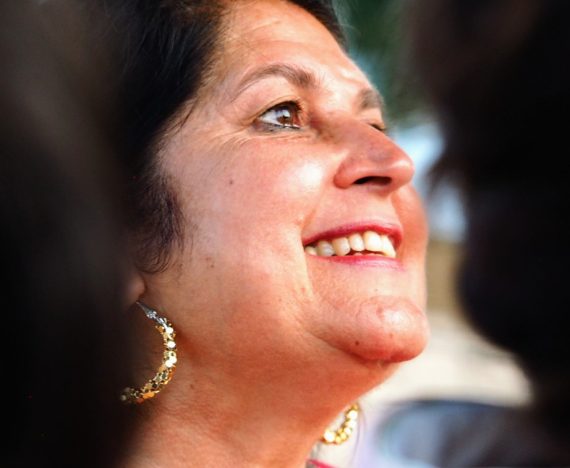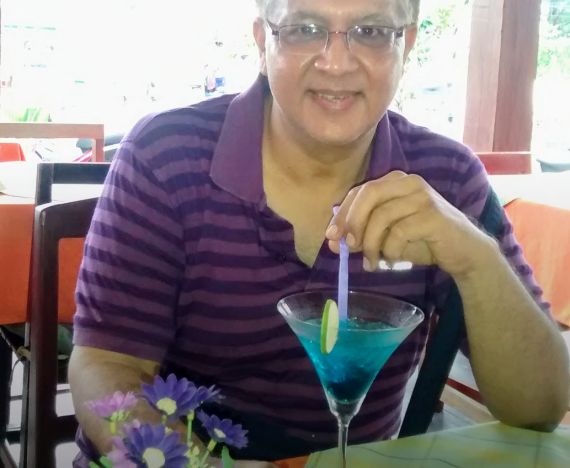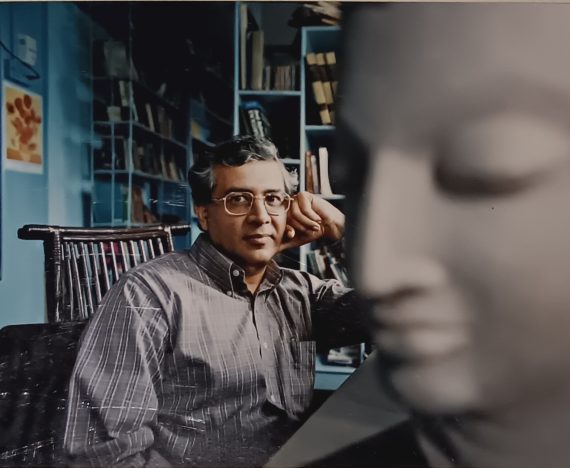A Right Time to Die

A few excerpts from the novel: Eye for an I… on the topic of the right time to die…
UPASANA, the protagonist of the novel ‘Eye for an I’ is travelling in a car with Mr. Anand, and they have just crossed the scene of a fatal roadside accident.
Their discussion is given below…
“Is death ever timely? Come on, girl, tell me, has there ever been a right moment to die?”
Upasana kept mum.
“Nothing in the voice of the cicada intimates how soon it will die,” Anand said, quoting a haiku.
“You mean to say that death is sudden and unexpected for everyone,” Upasana exclaimed.
“No, it means you must be intensely alive till your last breath.”
“Oh!” she remarked, then became pensive.
‘This haiku applies more to mankind than to the poor cicada who blissfully has no awareness of death,’ she mused as Anand drove in silence. ‘It is us who have the foreknowledge that we can die at any moment. And our dignity lies in our ability to sing and dance in the face of this terrifying awareness. Nothing in our actions intimate that we can die at any moment…’
LATER:
“Uncle, you had wondered yesterday, at the scene of the roadside accident, ‘Is death ever timely?’ Well, I believe that every death is premature. The tragedy is that most of us die even before we are fully born.”
“Premature? Even if one dies at the age of seventy or eighty?” Anand seemed mystified.
“What of seventy or eighty, it is premature even at hundred, if on the deathbed one craves for rebirth, hopes for a place in heaven, fears hell, or has regrets about the life lived. Death is premature for all those who die dissatisfied and incomplete. Only the satisfied and fulfilled ones can die in peace, and with dignity.”
“Yes, I agree! Our fear of death magnifies in proportion to our realisation of having led a futile life,” Anand added.
“Uncle, we’re born, get educated, earn a living, get married, have children, educate them, marry them off, grow old and die. Is this all? Can anything be seemingly more futile?”
“Yes, if this is living, then our servants can do that for us—with much less fuss,” Anand said with a snort. “But we cook up grandiose motives for our actions, and elaborate schemes for the existence of the universe, in which we project ourselves as the pinnacle of creation.”
“If this is thinking, then our computers can do that for us—with much less deception,” Upasana retorted, with a twinkle in her eyes.
“Why don’t you become a member of the Art of Dying Trust? Your views would come in handy,” Anand said, impressed.
LATER IN THE BOOK: A page from a diary entry:
October 5, 1993: A year and a half since I started the Art of Dying Society. Nothing achieved. I’m mortified. I have no right to celebrate my 45th birthday today. The ten-year extension period for the suicide pact passed without a word from anyone. What have I achieved by living these extra years? I could just as well have died when I was forty…or perhaps thirty-five…or thirty…or perhaps I might never have been born. Would it have made any difference at all?
“What is the right time to die? Now, when Upasana has attained maturity? Or after she has been married?” I spoke aloud to myself as Vivek drove.
“I think the right time is when the answer to the following question is in the negative: ‘Would you have achieved more if you had lived for ten more years?’” he butted into my thoughts.
“I may not have achieved anything, but there may be something new under the sun, some melody yet unheard, some dream yet undreamt, some pattern, some meaning yet unseen, some answer waiting to be found,” I said. “Most of the interest of life lies in the suspense of what’s going to happen next.”
“You talk of dying. Yet you live in the wait of what happens next. It is a mere distraction from real living—an escape into the future. Only those who live in the eternal present are free from distraction.”
AND MUCH LATER:
“No! Death is not nirvana. But she had found nirvana before she died! She had tasted immortality, and now it makes no difference if she is not here,” Vivek declares, remembering the tears and smiles they had shared just a couple of hours ago. “No one can become physically immortal, but everyone can experience the feeling of being immortal—and she had experienced this! She had experienced immortality! She had merged! If she had died a day or two earlier…perhaps then I too would have wept at another premature death,” he adds, and suddenly tears well up in his eyes.
Everyone looks at Vivek in surprise, as if it is not Upasana but Vivek who has lost his head.
In our quest for the Truth, we have first of all to become friends with death… otherwise the fear of death will make us run after false concepts of immortal soul and afterlife and thus prevent us from being a true seeker.






Comments
https://www.Waste-ndc.pro/community/profile/tressa79906983/
I am really delighted to read this blog posts which carries lots
of usefu information, thanks forr providing these information.
my page: https://www.Waste-ndc.pro/community/profile/tressa79906983/
https://www.waste-ndc.pro/community/profile/tressa79906983/
Whhen I initially commented I clicked the “Notify me when new comments are added” checkbox and noow each time a comment is added I get three e-mails with the same comment.
Is there any way you can remove people from that service?
Thank you!
Feel free to surf to my page: https://www.waste-ndc.pro/community/profile/tressa79906983/
downloader youtube online
Thank you for sharing this insightful article! I found the information really useful and thought-provoking. Your writing style is engaging, and it made the topic much easier to understand. Looking forward to reading more of your posts!
Trackbacks & Pingbacks
[…] What is the right time to die? What is premature death? To know, click here… […]